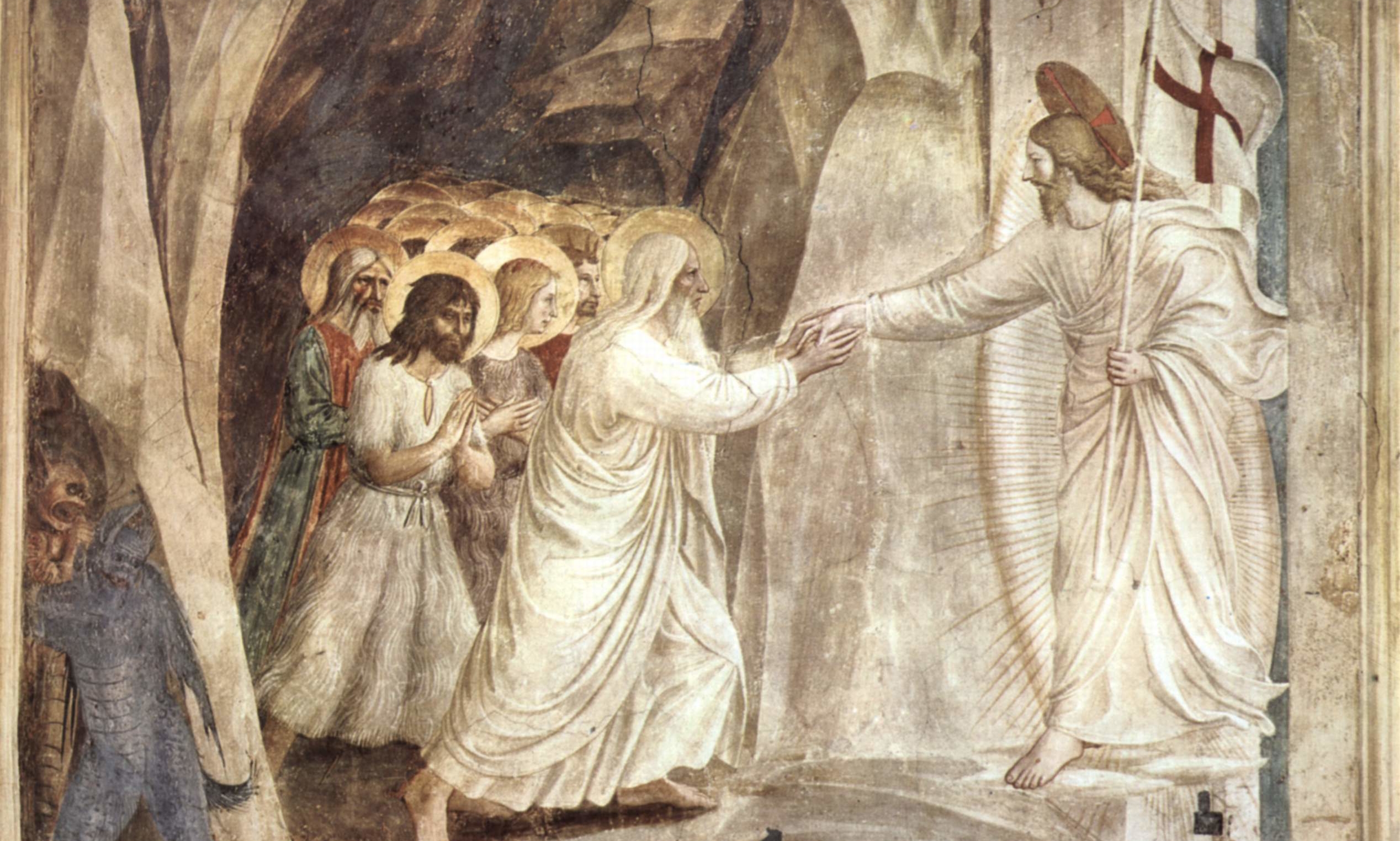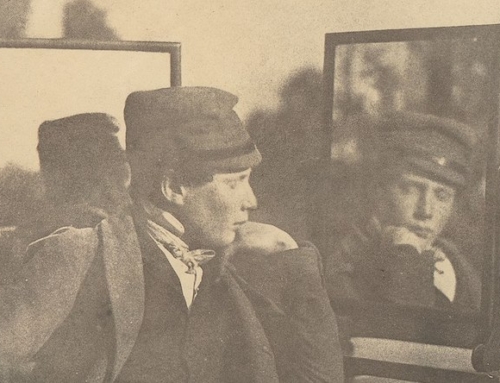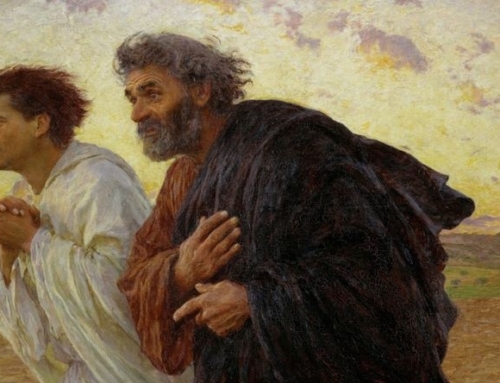Do you ever have moments when you just know—in a way you did not before—that something you do all the time or a way you think about things is a bit off or wrong? Perhaps you often say things that are not quite true. Perhaps you find yourself in an immoral friendship or harbor an animus against someone unjustifiably. Maybe you fail to do something? Perhaps you rarely give alms or tithe. Maybe you have not frequented Confession in a long time or are not fully on board with the Church’s moral teachings. It could be anything, yet now you see it. Somehow you have never, or not for a long time, questioned what you did or thought. But now it is staring you in the face. Even if it should have been obvious before, now it is as obvious as when something once obscured shines in the light.
And it is disconcerting and destabilizing. Can I really let this thinking in? Am I really lying like this all the time? Am I really the good person I think I am when I am with this friend? If you entertain these thoughts any further, you know you will feel badly about yourself. Perhaps you will not change, but this thinking will spoil what you once enjoyed. Perhaps you will change and give up something you like or endure something you dislike. Perhaps you will endure humiliation or something even worse.
Often these moments of light frighten us. We think we must check them and shoo away the light. Related to these moments is a whole chapter in John’s Gospel where Jesus heals a man born blind. It is worth reading slowly and meditatively.
Once cured, the man born blind is brought to the Pharisees who are confronted with the miracle. The cured man explains, “Never since the world began has it been heard that anyone opened the eyes of a man born blind. If this man were not from God, he could do nothing.” The miracle Jesus performs by divine power should illumine for the Pharisees the reality of his ministry’s divine origin—that ministry they have been working against. In flooding the blind man with light, Jesus also throws light onto the paths of the Pharisees, but they refuse to see and remain in darkness about who Jesus is and how they should receive his ministry.
We need not fear these moments of light. If we refuse them, as the Pharisees did, we shut out the light, and the darkness after is greater than before. Before healing the blind man, Jesus instructs, “We must work the works of him who sent me, while it is day; night comes, when no one can work.” Moments of light are critical because when it is night, when we cannot see that we need a remedy, we cannot seek one. We are powerless to choose what we do not know. When these moments of light come—even a dim glimmer of light—we must act. Yet if we refuse the light, we return to a darkness we had a hand in making. After the Pharisees panic and cast out the man born blind, they question Jesus if they too are blind. Jesus responds, “If you were blind, you would have no guilt; but now that you say, ‘We see,’ your guilt remains.” They refuse the light while claiming to see, and thus they are responsible for their blindness.
But what if we choose to see? When the light of Christ shimmers on our paths, we see our error and run to him to banish our darkness. We could too easily think this light will destroy our happiness. But the contrary is true! We make vulnerable our hearts, dragged this way and that by sin, to one who loves us tenderly, who comforts and strengthens us. We bathe our minds in the light that lets us see clearly the truths about ourselves and about God. We let that light pour into our deepest parts, those hidden away even from ourselves. The light rectifies and purifies our perceptions, making them resilient to the tugging and pulling of wayward passions, especially fear and despair. We rest in Christ’s peace, stirred only by a rolling, bouncing joy rumbling from within and pouring out into our lives. A moment of light is not a threat; it is a chance! When the blind man saw physically, he also saw spiritually. Once he was cast out from the presence of the Pharisees, Jesus found him and made himself known to him.
✠
Image: Fra Angelico, The Harrowing of Hell







